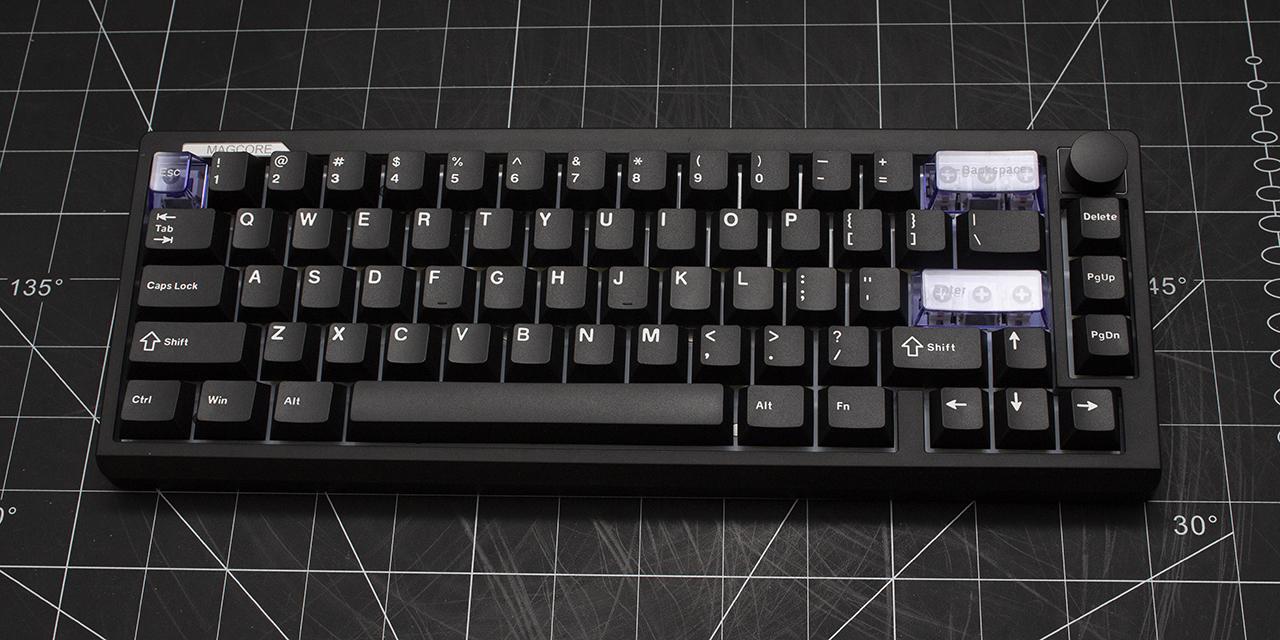From The Verge: Microsoft shipped its first video game in 1981, appropriately named Microsoft Adventure. It was an MS-DOS game that booted directly from a floppy disk, and set the stage for Microsoft’s adventures in gaming. A lot has changed over the past 37 years, and when you think of Microsoft’s efforts in gaming these days you’ll immediately think of Xbox. It’s fair to say a lot is about to change over the next few decades too, and Microsoft is getting ready. Today, the software giant is unveiling a new gaming cloud division that’s ready for a future where consoles and gaming itself are very different to today.
Microsoft has been building up to this move for a while. The company has been mysteriously acquiring gaming-related companies over the past few years. From Havok in 2015, Simplygon in 2017, to PlayFab earlier this year, you’ve probably never heard of any of them, but they’re important for Microsoft’s bold cloud gaming ambitions. While these acquisitions have been taking place, Microsoft has been reshuffling its gaming teams as the company prepares to launch its own cloud gaming services. Phil Spencer is now Microsoft’s head of gaming, and reports directly to CEO Satya Nadella. Microsoft’s new gaming cloud division is headed up by Kareem Choudhry, a 20-year Microsoft veteran that has worked on Outlook, DirectX, and Xbox engineering.
“Phil really wanted a dedicated team focused exclusively on the gaming cloud, says Choudhry, in an interview with The Verge. “Those were conversations that started happening last summer, and we really started creating the structure of the organization at the end of last year.” The new division is designed to entice developers and game publishers to use Microsoft’s cloud services. Ubisoft has been using Microsoft’s Azure cloud services across PC, Xbox, and PS4 with Rainbow Six: Siege recently, and even the mobile game Black Desert uses Azure virtual machines and databases. Microsoft wants more and more game developers to use its cloud, especially as games become more connected across devices for their multiplayer experiences.
View: Article @ Source Site





